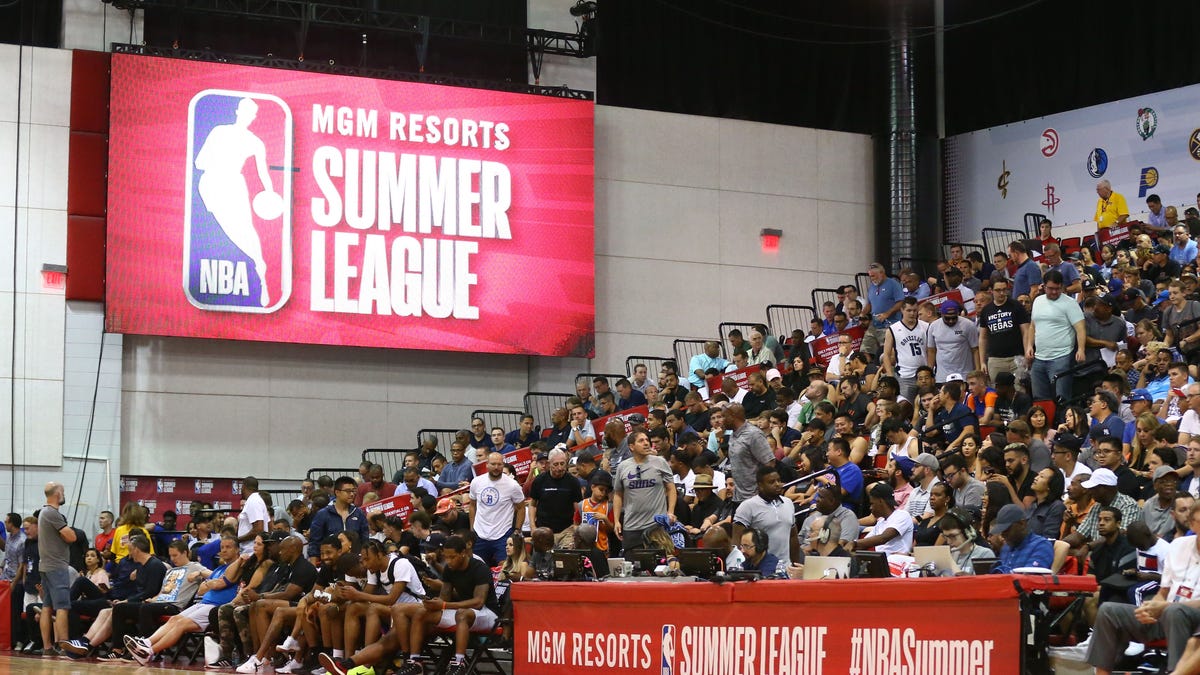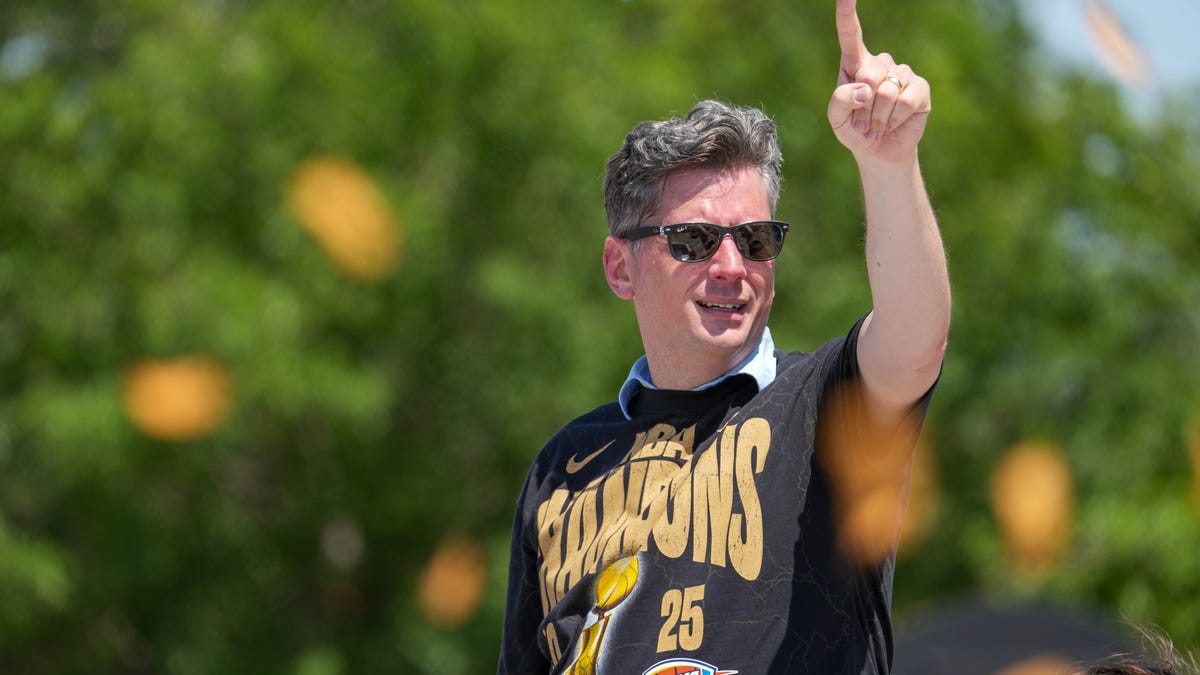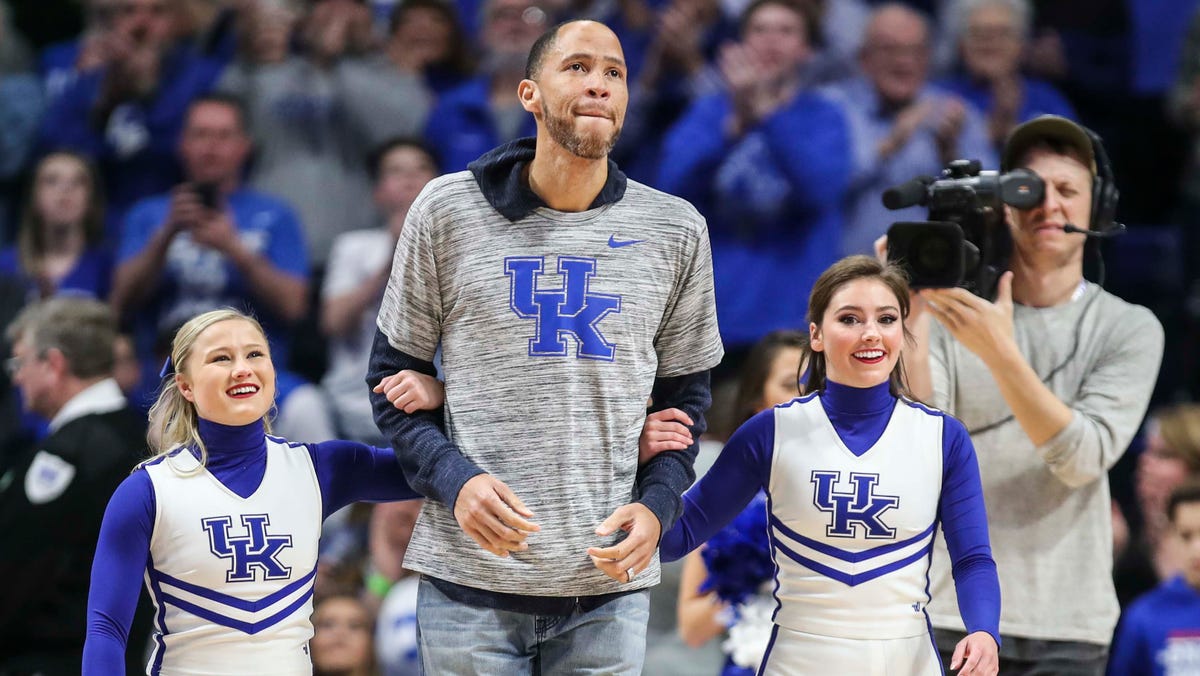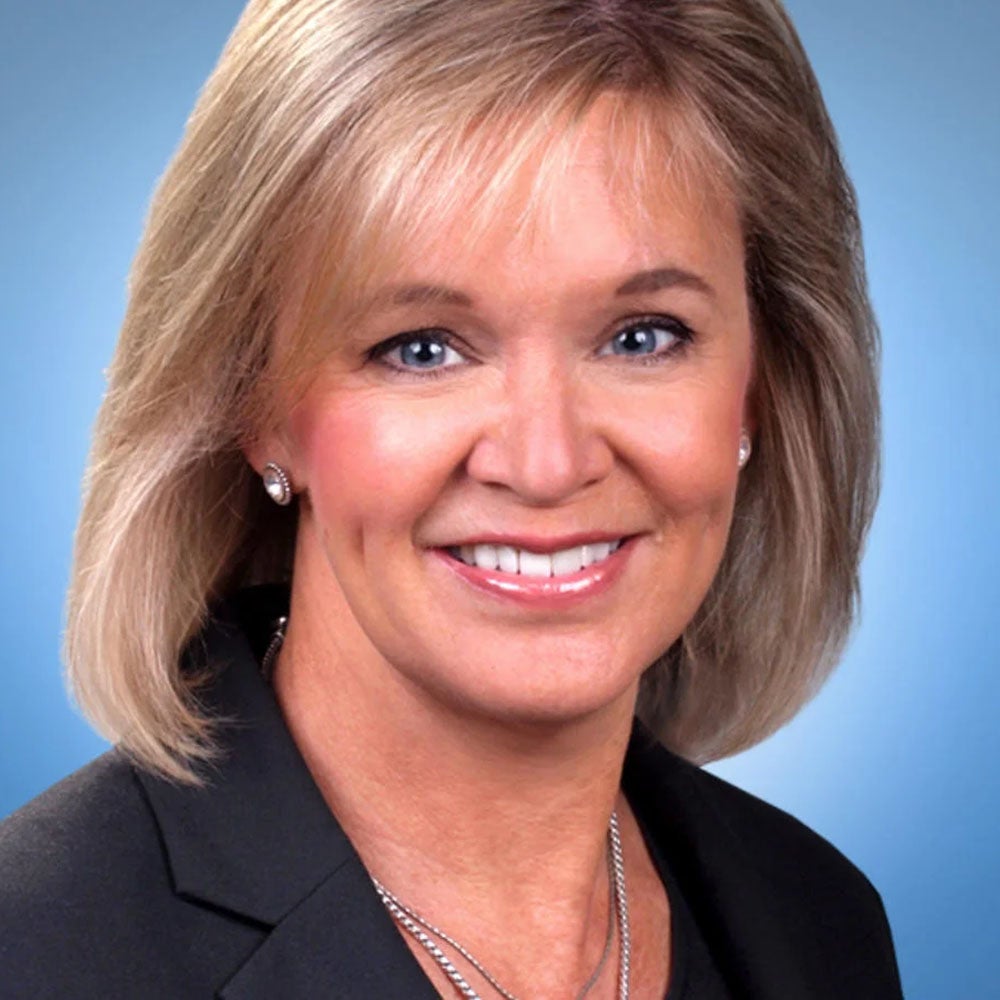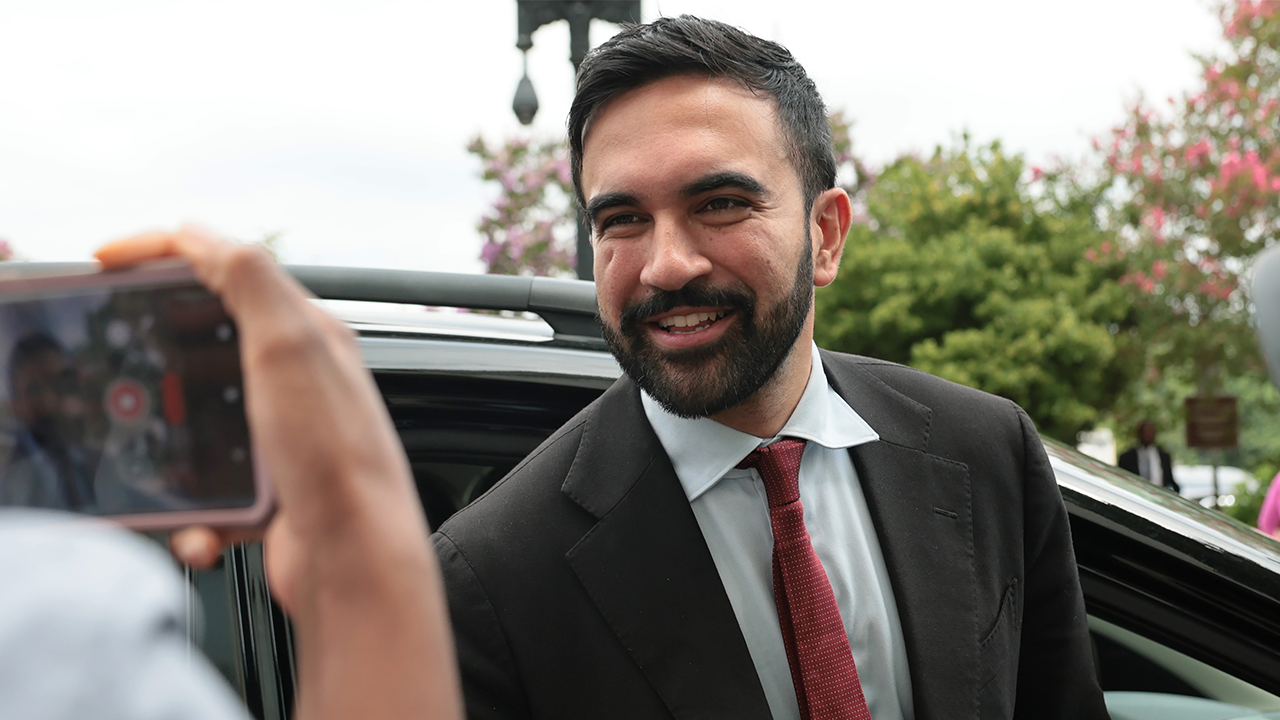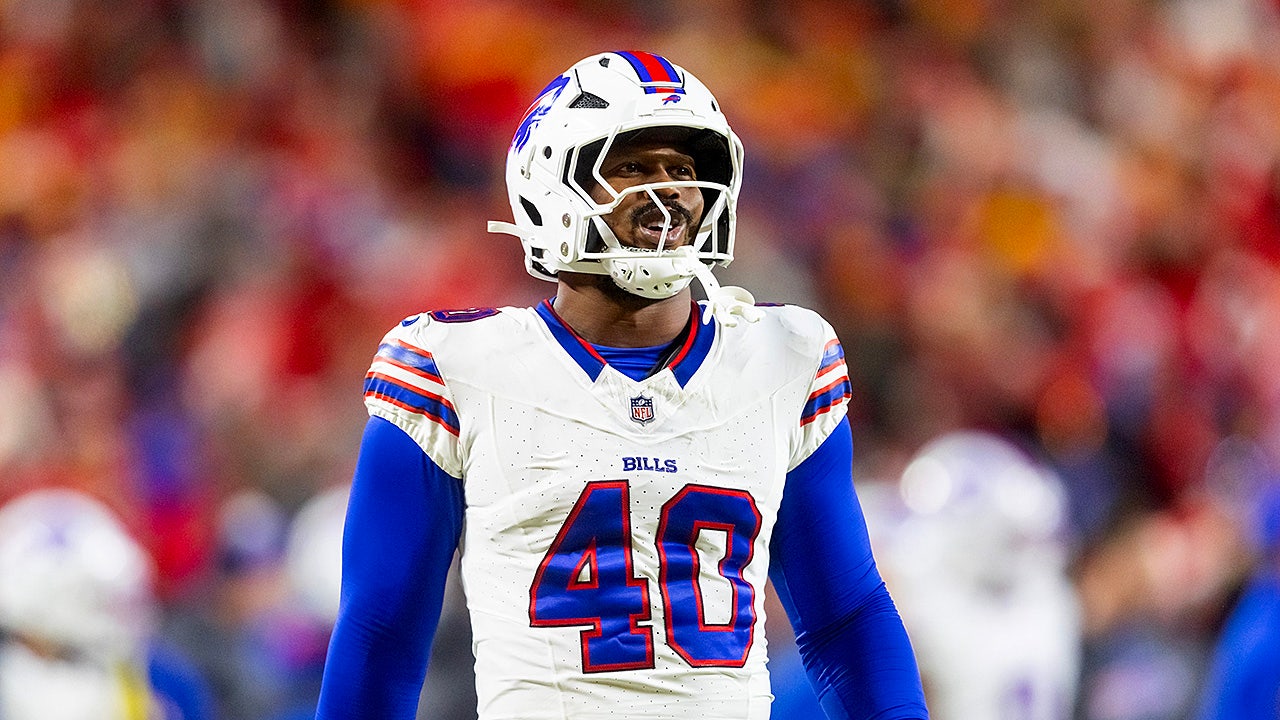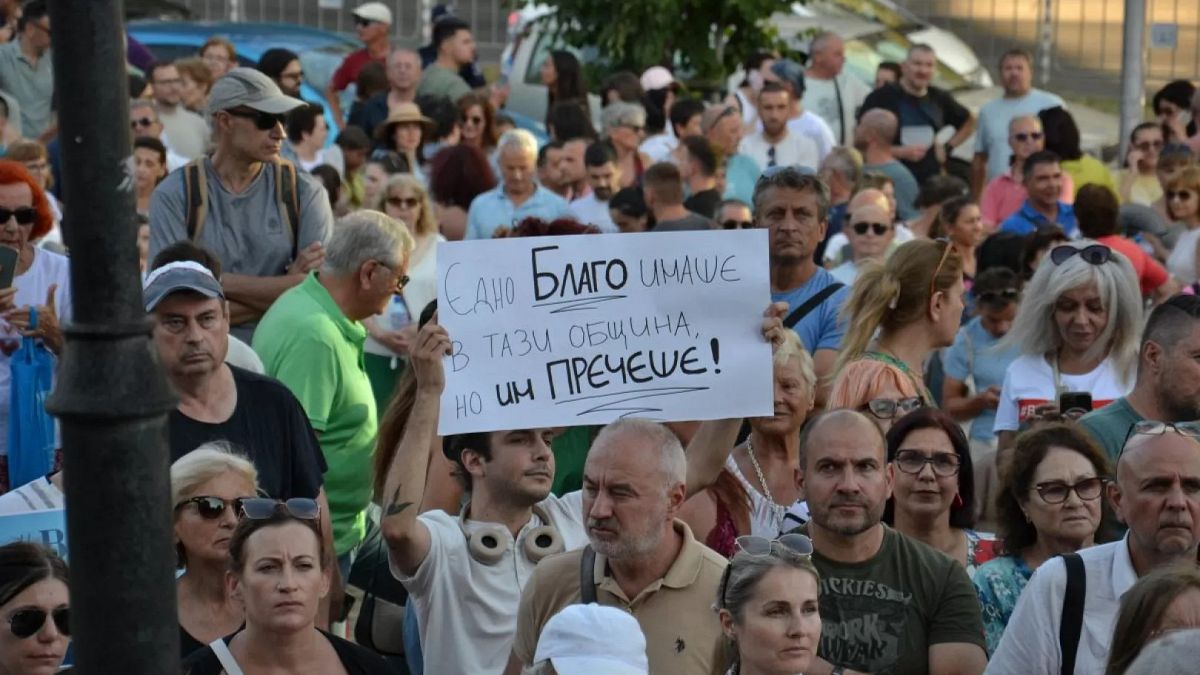Denver, CO
The Nuggets schedule has been almost wickedly awful so far; but it will get better – Denver Stiffs
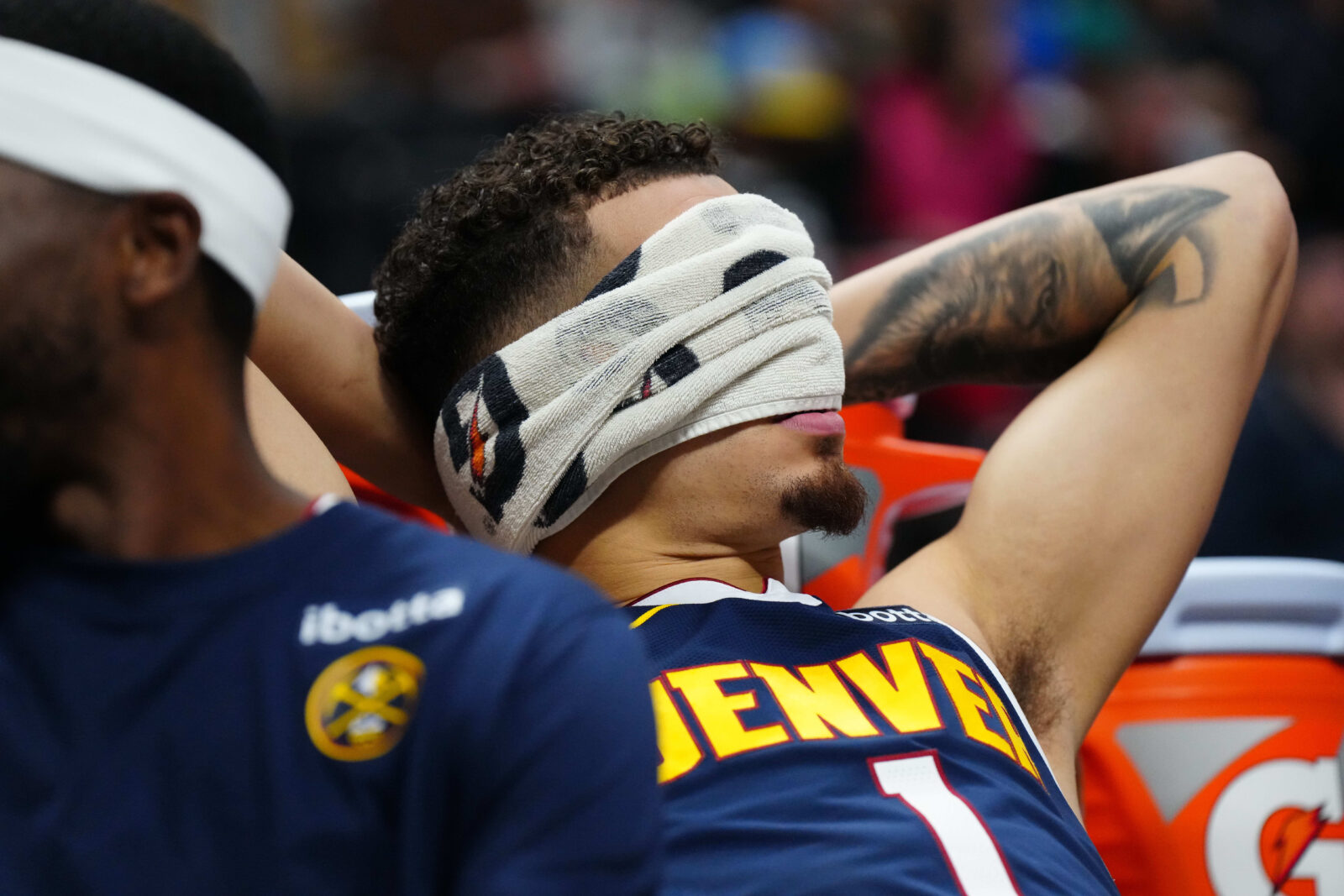
Sometimes I wonder if the NBA schedule makers ever look up from their spreadsheets and complex algorithms and laugh at what they have just done to the Denver Nuggets.
On occasion the NBA just sticks it to the Nuggets in a way that feels personal. Undoubtedly it is not. Just disconnected, cold and unfamiliar with humanity — but not personal. There are many factors that go into schedules that I cannot even fathom. Arena availability and having to play a predetermined amount of games with individual teams who also need to be scheduled out. Plus this season there was the debut of the In Season Tournament. There are a ton of factors that complicate matters.
Additionally about 10 years ago the NBA made the determination that the Nuggets home court advantage that came from teams ending road trips in Denver or on a second night of a back to back coming from the west coast was ‘unfair’. (In reality a handful of executives and coaches whined about it enough to force a change, that is the gods honest truth). So the Nuggets have an additional factor other teams don’t have when considering how to order their schedule. It’s been 10 years so this stuff is baked in now.
All that being said, whoever at the NBA league office determined that the Nuggets should play more games than any NBA team — a full 4 games more than the Oklahoma City Thunder — needs to have their head examined or at the very least denied access to their computer. By January 7th of 2024 the Nuggets will have played nearly half of their schedule. 38 games. While the team played game 38 on January 5th of last season, they began their season a full five days earlier than this year. Last season the Nuggets played 2 back to backs in their first 32 games. By comparison this season the Nuggets played 6 sets of back to back by game 32. By the time they get to game 38 it will be 8 sets of back to backs. Two sets of 7 games in 11 nights.
What I’m telling you is the NBA basically said “You won the title eh? Good for you, here are a bunch of games in a very short time span after a long playoff run… good luck. Oh and please try really hard for the In Season Tournament.”
Thanks for nothing, league.
Considering Jamal Murray missing 10 games with a hamstring injury and ankle problems, the Nuggets playing a several really young players and schedule compression/ridiculousness the team is fortunate to be at a 23-11 record as of this writing. A tribute to their obvious talent and mental resolve.
It’s very clear the schedule asininity is directly correlated to the NBA’s In Season Tournament and only a handful of teams felt the brunt of the poorly conceived schedule compression. The New Orleans Pelicans and Los Angeles Lakers have also been subject to scheduling nightmares (not as severe as the Nuggets but right up there). The NBA is all in on this so we might as well accept that this sort of thing is going to happen again and again, and often to the Nuggets. Geography is not their friend.
You might be wondering what the upshot of this ridiculousness is?
After January 5th the Nuggets don’t have another back to back until February 22nd and 23rd. Games 56 and 57. If you take a look at a calendar it is definitely pleasing to see those darkened squares to nicely spaced out. The schedule returns to something approximating normal which teams like the OKC Thunder, Minnesota Timberwolves and others will have more back to backs and more compressed schedules because they played less games up until January. Advantage to the defending champions.
Nine times out of ten I will take something akin to what the Nuggets have done this year over a compressed second half. Having more rest for a contending team heading into the playoffs is basically the best scenario. After the Nuggets play their next back to back next week they will have only 3 sets in the remaining 44 games. I’ll take that six ways from Sunday. Yes … mid January to late February will have a large percentage of road games but … no back to backs. I’ll still take it.
Despite the NBA’s scheduling madness the Nuggets are set up really nicely with more rest than most teams heading into this year’s playoffs. We probably need to look at this and thing the Nuggets are doing well to be 23-11 and are set up to ‘get right’ as the playoffs begin. Despite the NBA’s best efforts the Nuggets are persevering and that’s pretty awesome.

Denver, CO
Mayors of Denver and Aurora discuss a possible truce as they face growing economic challenges
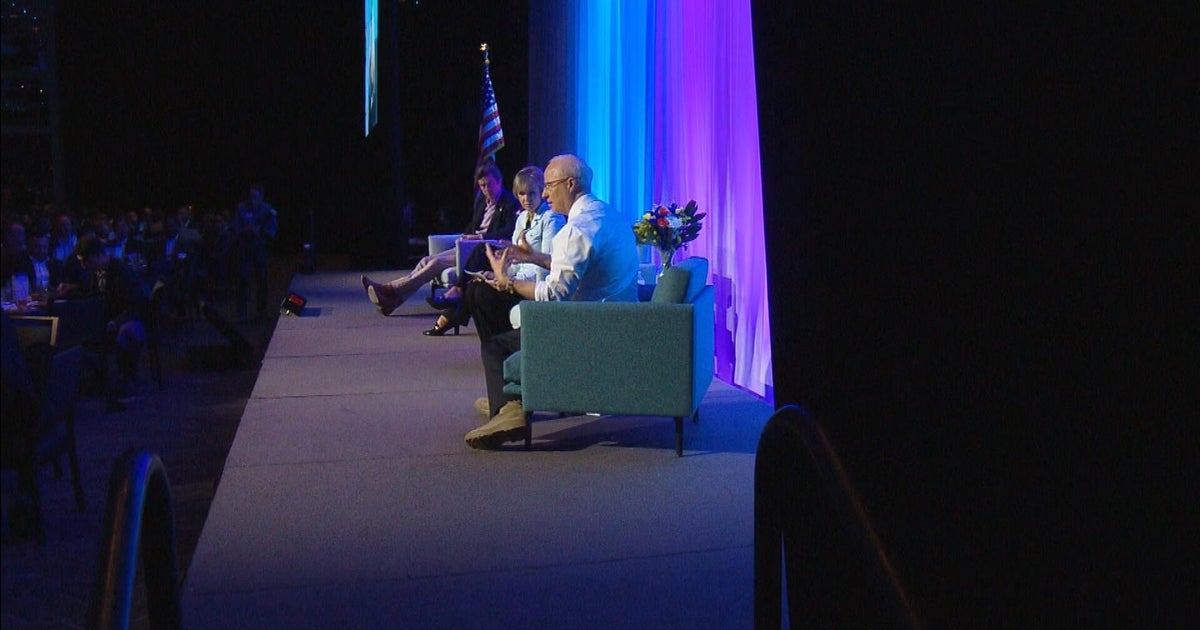
The Denver Metro Chamber of Commerce held its State of the Cities event Wednesday, just days after releasing a new report that shows a slowing economy in Colorado.
The report, by economists at the Chamber and Boulder Leeds School of Business, finds unemployment and foreclosures are up year over year while consumer confidence and home sales are down. The one bright spot is jobs, which are up .1%.
The mayors of Denver, Aurora and Northglenn say they are feeling the shift.
“Our sales tax in Northglenn is down,” said Northglenn Mayor Meredith Leighty. “In May, we’re looking at a decrease of 2%.”
The mayors assured the Chamber’s small business owners they were doing what they could to help. They say the lack of affordable housing is among their biggest challenges.
“Right now, the cost of materials is going up, the cost of land is going up, and the cost of labor is going up,” said Denver Mayor Mike Johnston.
He says the city is giving tax breaks for middle income housing projects. Northglenn just opened a new townhome complex and senior living facility.
Coffman says he’s focused on redeveloping 30 blocks of Colfax Avenue.
“Transitioning back from retail over to multi-family residential — a mix of market-rate housing and affordable workforce housing.”
Economists at the Denver Metro Chamber say while Colorado ranked among the top states in real GDP, employment, income growth, and home price appreciation from 2008 to 2023, it ranked among the bottom 10 states in 2024.
If a cooling economy isn’t troubling enough, an icy relationship between Coffman and Johnston is complicating things further.
Johnston shrugged off the year-long standoff.
“There is no distrust, is no damage. My door is always open,” he said.
Coffman vehemently disagreed.
“There is an issue and there is distrust,” he said.
Aurora sued Denver saying it violated their mutual aid agreement during the George Floyd protests and then sent gang-affiliated migrants to Aurora.
Your Political Reporter Shaun Boyd, who moderated the event, ask the mayors what it would take to bury the hatchet. One suggested quarterly meetings that include the mayors and their top staff. The other agreed.
The Chamber’s State of the Cities event included more than 400 business and community leaders and focused on collaboration — not only between cities but between local government and the business community.
Denver, CO
Denver Broncos, first-round pick Jahdae Barron agree to rookie contract

DENVER — The Denver Broncos’ rookies report to training camp on Wednesday, and first-round draft pick Jahdae Barron will be there.
Denver7 Sports has confirmed the reports that Barron agreed to terms on his rookie contract Tuesday night. It’s a 4-year deal worth about $18 million, with a signing bonus of $9.8 million.
Denver Broncos
Broncos select Texas cornerback Jahdae Barron with pick No. 20 in NFL Draft
Barron is projected to be the Broncos’ starting slot cornerback on a defense that’s projected to be number one in the NFL.
That leaves one Broncos draft pick left unsigned: second-round pick RJ Harvey.
The running back is one of 30 second-round picks across the NFL still unsigned. The holdout comes after the Cleveland Browns and Houston Texans gave their second-round picks fully guaranteed contracts.
We’ll see how quickly this gets resolved and when Harvey gets into training camp.
More Denver Broncos coverage:
Denver, CO
Keeler: Broncos stadium with retractable roof? Broncos Country thinks its coming, whether they like it or not

Burnham Yard or Lone Tree? Frankly, my dear, Tom Jacobsen doesn’t give a dome.
“What makes football so unique is the fact that they will play in anything,” the Broncos lifer told me. Jacobsen, 54, has had season tickets in the family since 1965 and has been attending games at Mile High and its successor, Empower Field, since 1976.
“So when you strip that away, and so many more places are stripping that away, you lose what makes it cool, to me.”
The Broncos’ lease at Empower Field is up after the 2030 season. A stadium usually takes four-ish years to build. Entities with ties to the Broncos have been buying up land around Burnham Yard in Lincoln Park since last August. Denver Mayor Mike Johnston told The Post on July 9 that he’ll have “more to say in the week to come” on the franchise’s alleged Burnham Yard interest.
Officially, the team’s played it coy. But it doesn’t take a whole lot of yarn to connect the push pins on your evidence board.
“I’m 1,000% no dome,” Jacobsen laughed. “No. Dome.”
Tom’s a member in good standing in the Broncos Quarterback Club, the team’s official booster club since 1964. Even those in the club have been divided for years when it comes to the notion of seeing their favorite team playing under a roof. Even a retractable one.
What’s different now, Jacobsen says? His side — “no dome” — is now in the minority, at least among Quarterback Club membership.
“My personal feeling is that I’m going to be on the losing side of this argument,” he said. “I think the money aspect to everything else that comes with a dome is going to (win out).
“I’m sure there’ll be a point where I’m sitting at the game with my wife, where I’ll look at her and say, ‘You know what? This is nice, not wearing 10 layers of clothes.’ I know there’s the romantic side of me, from a football tradition standpoint, (that would hate it).”
-

 Culture1 week ago
Culture1 week agoTry to Match These Snarky Quotations to Their Novels and Stories
-

 News7 days ago
News7 days agoVideo: Trump Compliments President of Liberia on His ‘Beautiful English’
-
Finance1 week ago
Do you really save money on Prime Day?
-

 News1 week ago
News1 week agoTexas Flooding Map: See How the Floodwaters Rose Along the Guadalupe River
-

 News6 days ago
News6 days agoVideo: Clashes After Immigration Raid at California Cannabis Farm
-

 Politics1 week ago
Politics1 week agoJournalist who refused to duck during Trump assassination attempt reflects on Butler rally in new book
-
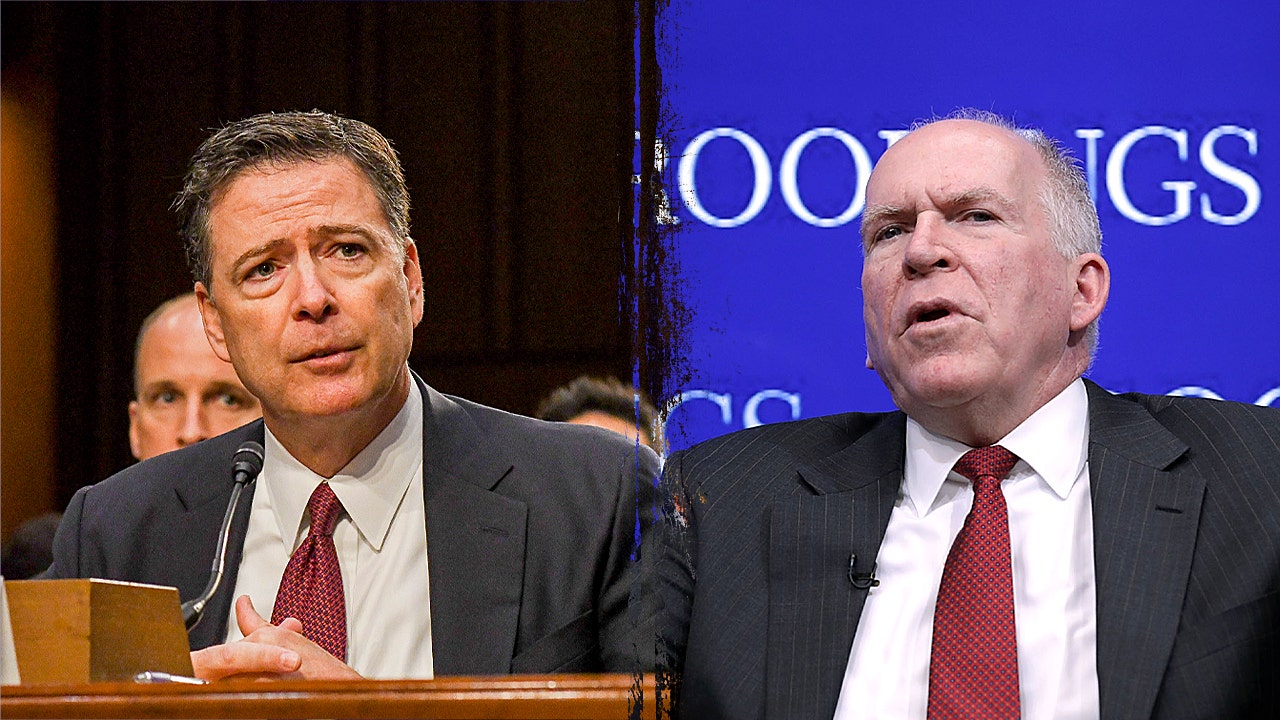
 Politics1 week ago
Politics1 week agoObama officials used dossier to probe, brief Trump despite knowing it was unverified 'internet rumor'
-

 News1 week ago
News1 week agoDOGE keeps gaining access to sensitive data. Now, it can cut off billions to farmers


